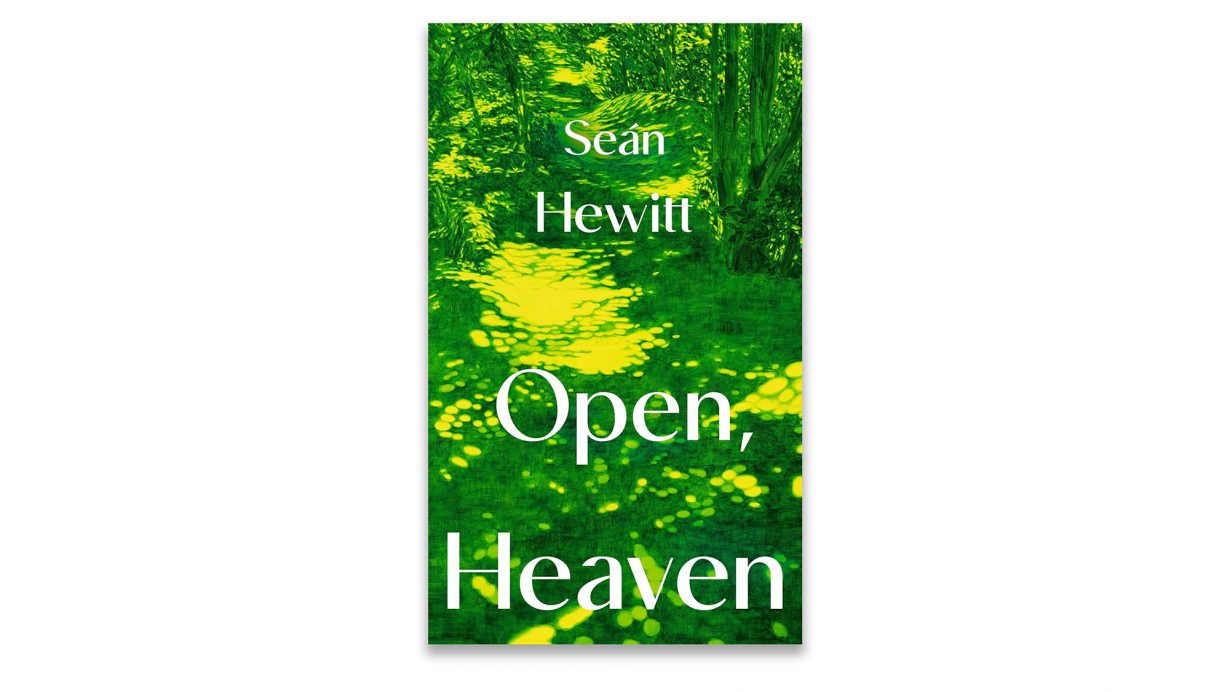The poet’s debut novel presents an elegy to teenage first love and, in end effect, a lost youth

If Seán Hewitt is ever tempted to try his hand at ghost stories, he should go right ahead. He has a knack for summoning a distinctly creepy atmosphere: ‘At the farmhouse, one upper window lit, but otherwise the place was completely dark,’ reads a typical sentence. ‘I heard a movement upstairs, and then saw Luke’s shadow on the landing,’ it continues. Yet the spectres that haunt the poet’s debut novel are family traumas and mental health issues. Specifically those belonging to Luke, the unreciprocated (though it’s complicated) teenage first love of James (the book’s narrator), who haunts James into adulthood. The setting is a picture-postcard English village where ‘change had come once and had left people comfortable and ensconced’, a place in which nothing much has happened for an age. Likewise, nothing much happens in Hewitt’s narrative, but that nothingness takes on epic proportions, as nothingness tends to in the confined horizons of British rural adolescence. The dramatic arc centres on James seeing Luke with a girl – who he may or may not have been dating. This might sound humdrum or banal, but Hewitt conveys how earth-shattering such a minor drama can feel for kids with such empathy and introspection that the reader feels their red-hot emotions with an immediate sharpness.
The elegiac strangeness of the story also stems from its timelessness, though Hewitt does provide, once, a date to the events: the summer of 2002. At one point James asks if he should ‘go and use the phone’, and there are still porn mags in bushes. Nothing ages like being gay, either, with each generation’s experience radically different to its predecessor’s, as laws, attitudes and diseases ebb and flow. But given that the action is internal to the characters, the story floats beyond such specificity of time. I rarely gravitate towards queer literature, bar some teenage forays into Edmund White, James Baldwin’s Giovanni’s Room (1956) or Hanif Kureishi’s My Beautiful Laundrette (1986), works that seemed required reading for creeping out of the closet; in adulthood I prefer titles that take me away from myself, take me elsewhere. Open, Heaven brought me back, however, in its elegy to lost youth, to the melancholy of what might have been or to the things left incomplete and unsaid.
Open, Heaven by Seán Hewitt. Jonathan Cape, £16.99 (hardcover)
From the May 2025 issue of ArtReview – get your copy.